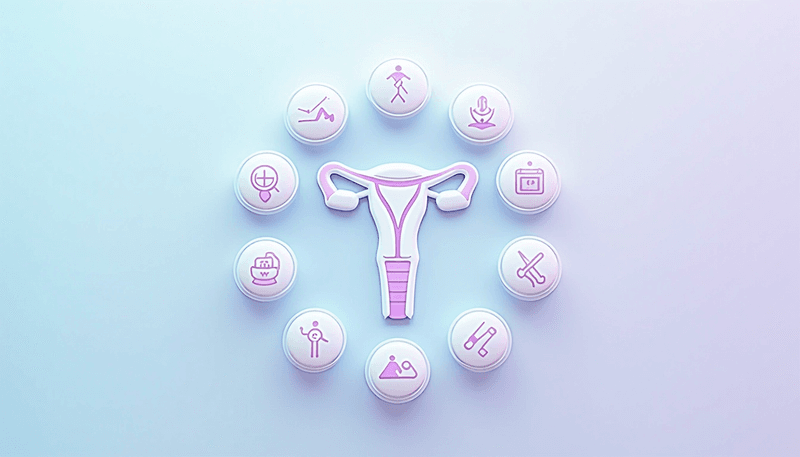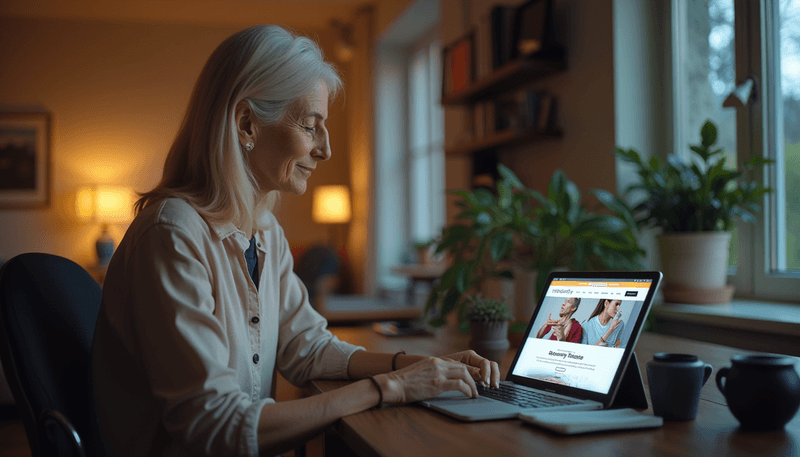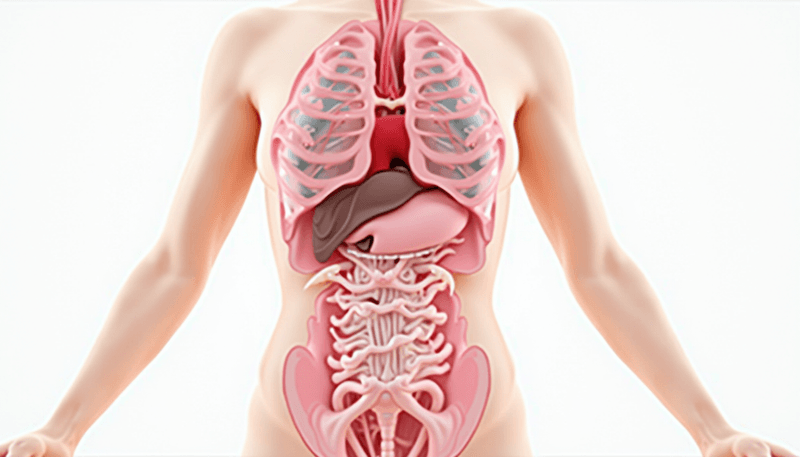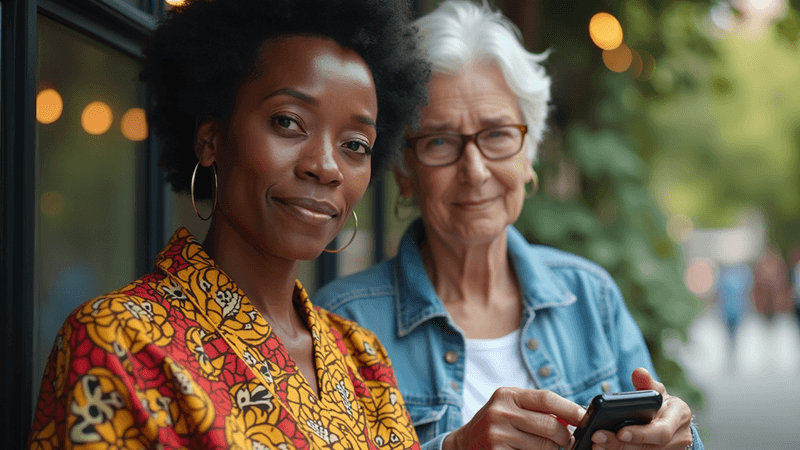What Women Actually Know About Menopause

"My knowledge of menopause was a few hot flushes and a bit of dry skin" - these words from a nurse participating in a recent Australian study capture a startling reality about women's understanding of menopause. A groundbreaking research study reveals significant gaps in menopause knowledge among Australian women, regardless of their education level.
The Knowledge Gap: More Than Just Hot Flushes
The study of 412 Australian women uncovered a surprising truth: having advanced degrees doesn't necessarily mean better understanding of menopause. Even healthcare professionals reported feeling caught off guard by their own menopausal experiences. This finding challenges our assumptions about health literacy and highlights a systemic gap in women's health education.
"How many of us thought menopause was just about hot flushes and periods stopping?"
Most participants expected only the basics - hot flushes, weight gain, and the end of menstruation. The reality proved far more complex. Women described being blindsided by the variety and intensity of symptoms, from irregular periods lasting anywhere from 13 to 64 days to unexpected psychological changes.
The Power of Women's Networks
One of the most positive findings emerged around how women support each other through this transition. The research showed that women who connected with others experiencing menopause reported better emotional wellbeing and access to practical information.
Here's what worked for the study participants:
- Joining online support groups
- Regular coffee dates with friends going through similar experiences
- Sharing experiences and solutions in safe spaces
- Learning from women who embraced menopause positively
"It's cathartic and therapeutic to actually talk to someone that understands what you're talking about."
Taking Control Through Self-Directed Learning
The study revealed an emerging trend: women are becoming their own health advocates through self-directed research. While 30.1% received information from healthcare professionals, 52.9% turned to the internet and social media for knowledge.
Smart strategies for self-directed learning:
- Follow evidence-based websites and medical organizations
- Join moderated online support groups
- Listen to reputable health podcasts
- Document your symptoms to share with healthcare providers
- Verify information from multiple reliable sources
However, the research cautions against falling into the "information rabbit hole." The key is finding balanced, scientifically-backed resources rather than getting lost in conflicting opinions.
Understanding Health Risks Beyond Symptoms
The study highlighted an interesting pattern in women's awareness of health risks. While 92.29% knew about increased osteoporosis risk during menopause, only 66.75% were aware of elevated cardiovascular risks. This knowledge gap could have serious implications for long-term health.
Key health aspects to monitor:
- Bone density changes
- Cardiovascular health
- Mental health fluctuations
- Sleep patterns
- Weight management
"Knowledge isn't just power - it's health. The more you know, the better equipped you are to navigate this transition."
The research emphasizes that menopause isn't just a series of uncomfortable symptoms to endure. It's a critical health transition requiring proactive management and awareness.
Looking ahead, the study's findings call for better education and open dialogue about menopause. With 1.1 billion women expected to be in menopause globally by 2025, breaking the silence and improving access to accurate information isn't just important - it's essential.
Your next step? Start a conversation about menopause with other women in your life. Share your experiences, questions, and concerns. By opening up these discussions, we create supportive networks that benefit everyone going through this natural life transition.
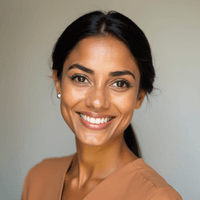
Dr. Anya Sharma, MD
Dr. Anya Sharma is a board-certified gynecologist with over a decade of experience specializing in women's health and patient education. She graduated from Johns Hopkins School of Medicine and completed her residency in Obstetrics and Gynecology at a top hospital in New York City. With a passion for empowering women, Anya transitioned to content creation to provide accessible, evidence-based information on health topics relevant to mid-aged women. Her empathetic and pragmatic approach combines medical expertise with relatable insights, making her a trusted voice in the field.

